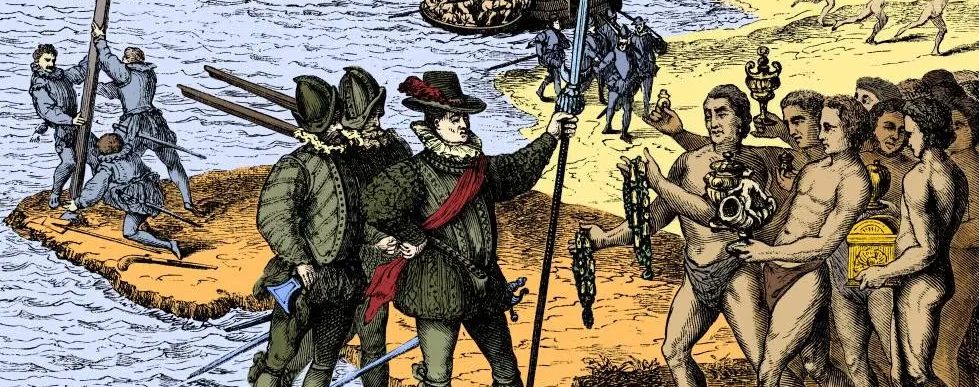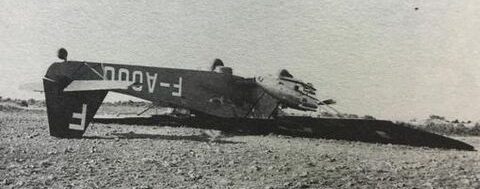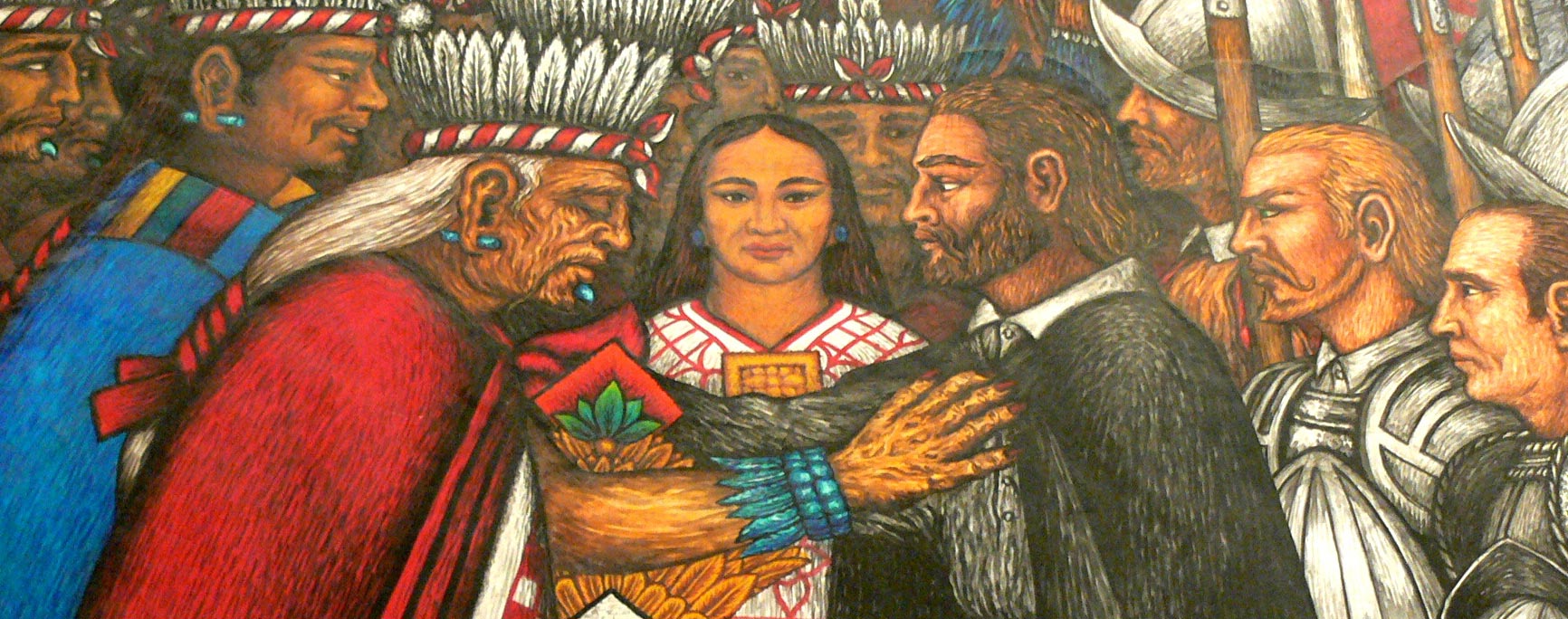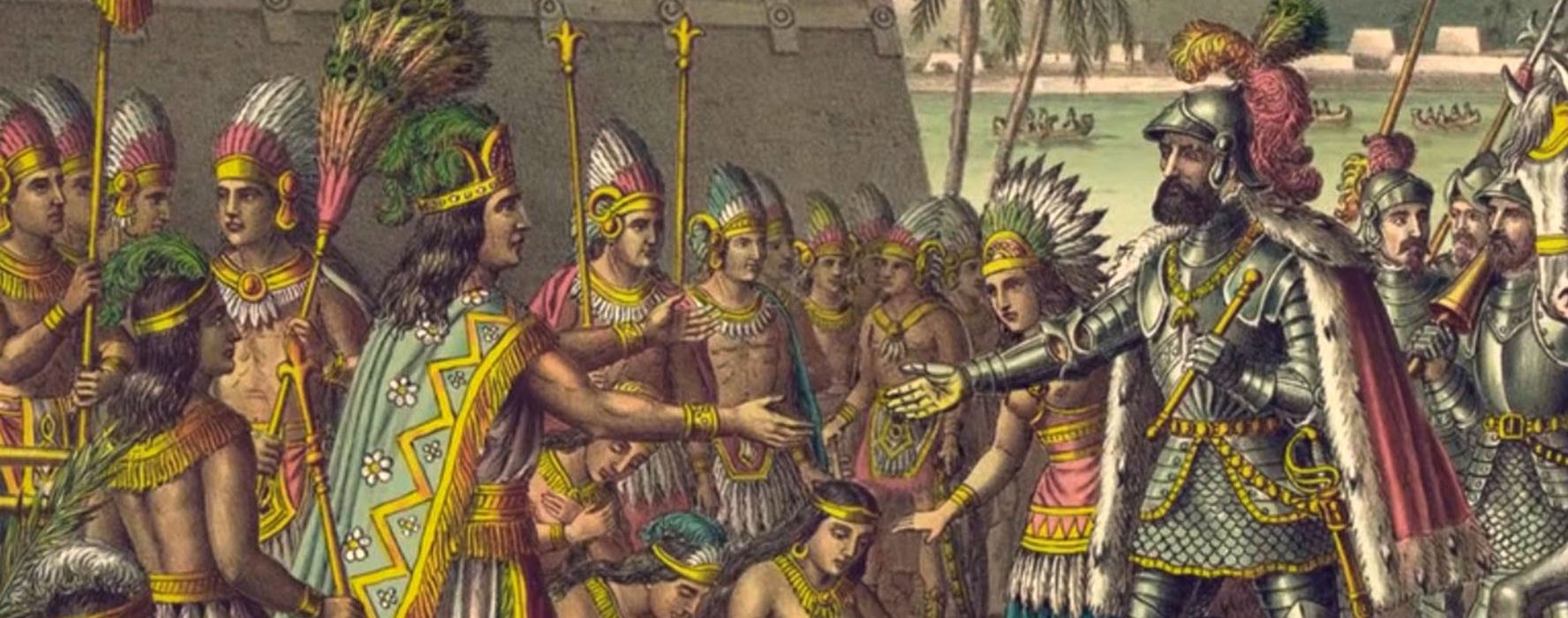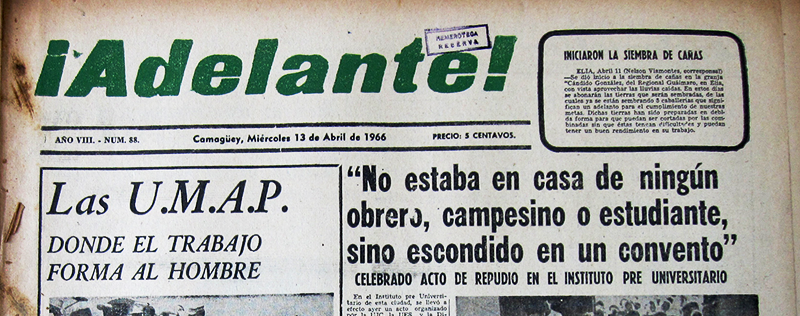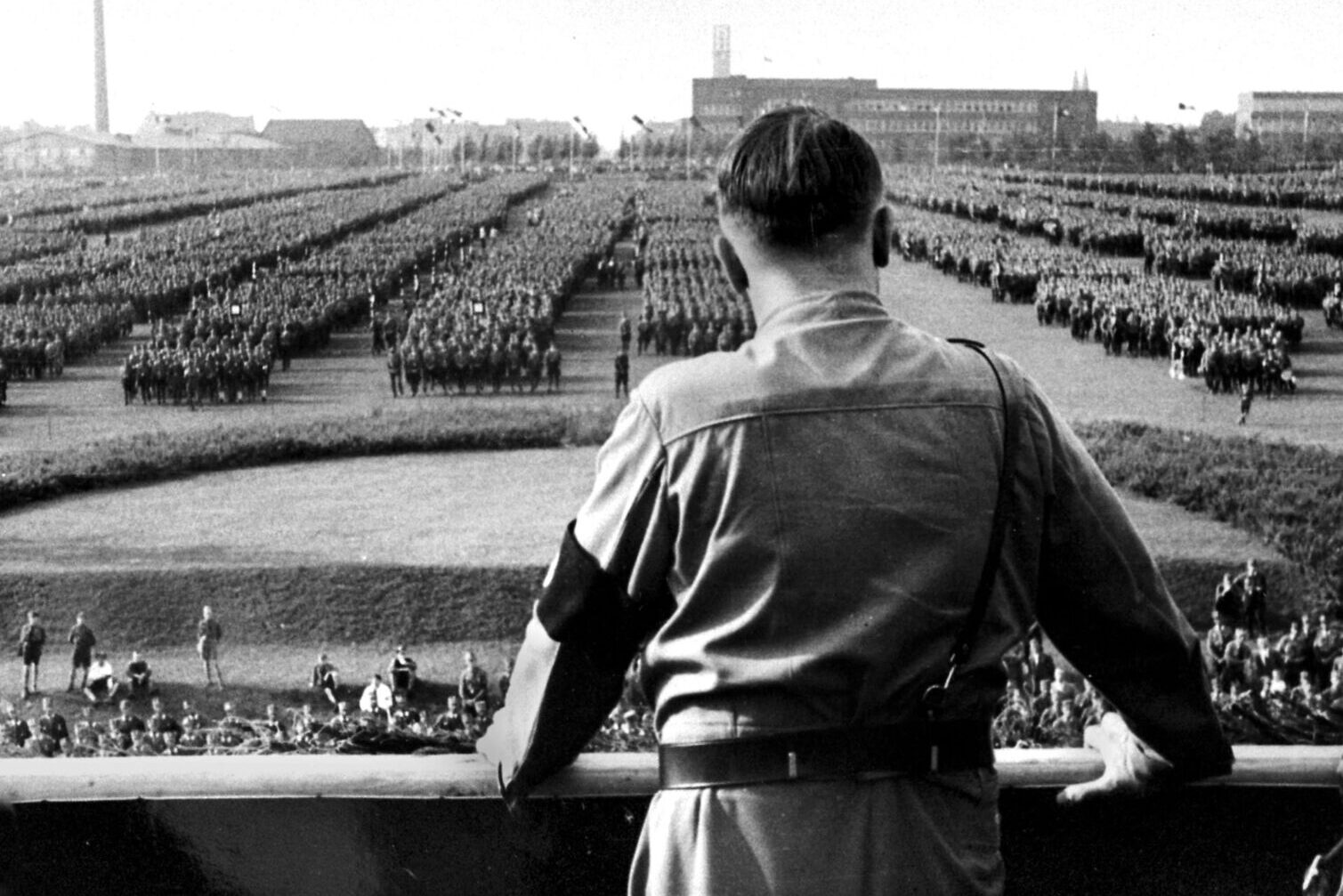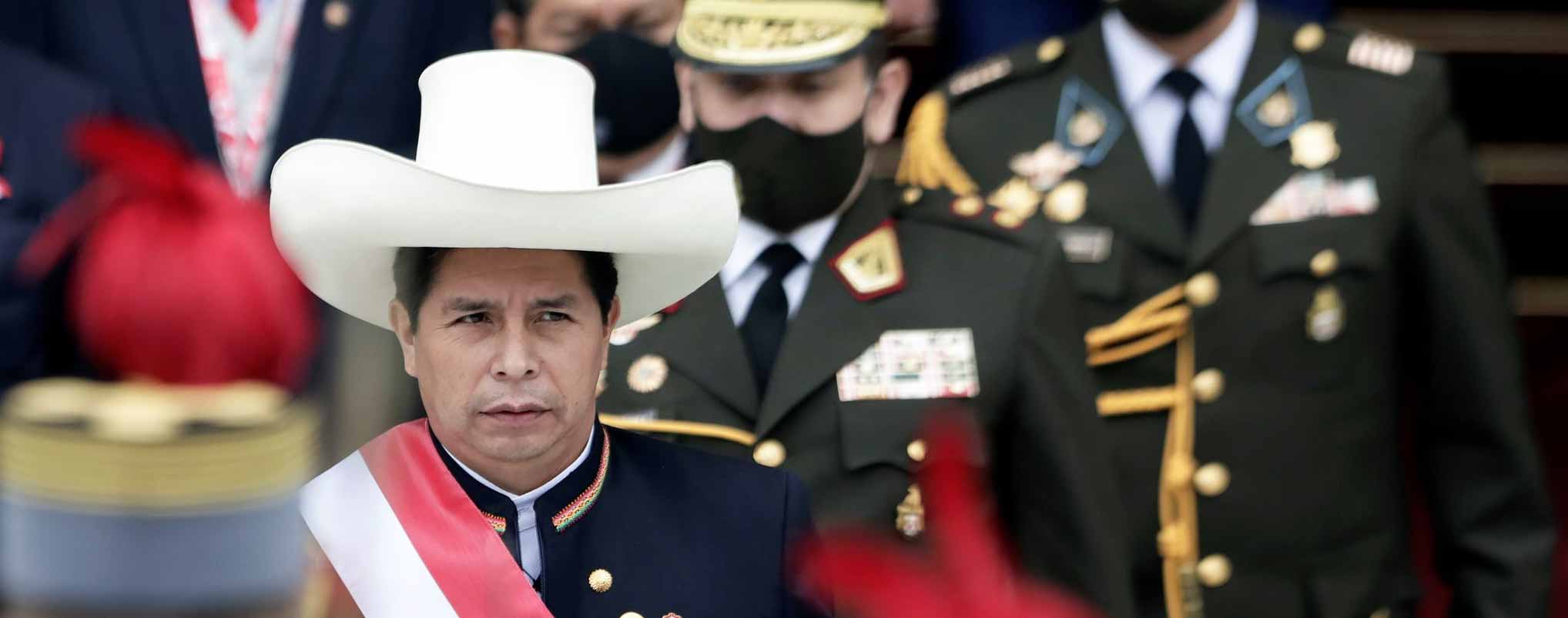Source:Imperio español
In order to fight against the Black Legend that so persecutes the hHistory of Spain, there is a very useful weapon, and that is the study of the events that took place, and their subsequent analysis in order to arrive at a logical conclusion, within the parameters in which society lived from the 15th to the 17th centuries.
In order to carry out this scientific and investigative task, there is nothing better than to let the scholars of this subject speak, so that they can shed some light on so much darkness provided by the anti-Spanish propaganda and the historical enemies of the Spanish Empire and the Hispanic Monarchy.
One of the strong points of this Black Legend is the treatment of the indigenous people by the Spaniards. The Swedish historian Carl Grimberg (1875-1941) wrote:
“With all its faults, and there is no human enterprise that is without them, the conquest of America by the Spaniards constitutes one of the most gigantic epics in universal history. During the lifetime of three successive generations, the Spaniards discovered, explored, conquered and colonised the greatest empire the world has ever seen, performed prodigies of courage and endurance, and created a civilised society in the midst of a virgin wilderness.”
“Every impartial historian will recognise that the behaviour of the Spaniards towards the Indians cannot be compared to the systematic destruction of the Indians, to their total extinction in North America, by other colonisations.”
Furthermore, on the famous term “colonies”, to which they link the viceroyalties formed and organised by Spain, he clarified:
“The Spanish-American dominions can be considered ‘colonies’ only in the sense that ancient Rome gave to the word: that of the population coming from the metropolis, and thus, they were in fact true Spanish provinces or regions.”
Another who spoke on the subject of the Spanish conquest of the American continent, and more specifically on the later independence of the different Spanish regions, was Heraclio Bonilla (b. 1942), Peruvian historian and anthropologist, who said:
“For the indigenous population and for the black population, [the independence] was undoubtedly a day of mourning. The indigenous population effectively lost many mechanisms of protection that it had during the three long centuries of colonial domination, and it seems to me no coincidence that Agustín Agualongo and the Indian peasants of Pasto rose up against the patriot army.”
As a final example of how over the years the world, and especially Hispanic America, has been taught lies about the Spanish, we would like to highlight the opinion of another historian, this time an American, Philip Powell (1913-1987), who specialised in the viceregal history of Spain and the Southwest of the United States. In one of his numerous works on Spanish America, he referred to this part of history in the following terms:
“The vulgar and simplistic version of Spain’s reign in America as a time of tyranny and pillage, slavery, bleeding exploitation and obscurantism, is not in accord with the facts. Spanish rule throughout this period was generally more benign than most Spanish American governments have been since the separation from Spain. Had it not been so, Spanish rule would not have had such a long life.”
Share this article
On This Day
- 1552 Battle of Bicocca.
- 1565 Miguel López de Legazpi founds Cebu as Villa de San Miguel.
- 1806 María Cristina de Borbón Dos Sicilias was born.
History of Spain
26 August 2020
27 January 2021
Communism: Now and Then
23 December 2022
28 July 2021
